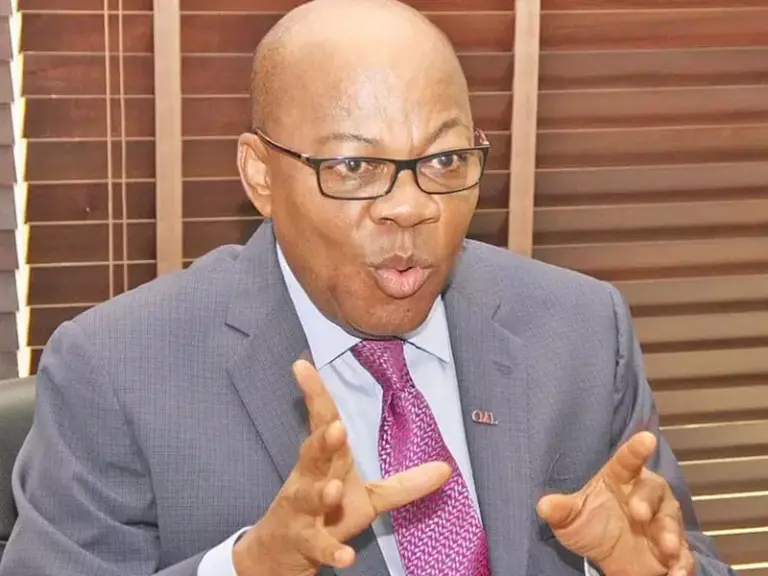Lagos, Nigeria — April 2025 — Former Nigerian Bar Association (NBA) President, Dr. Olisa Agbakoba (SAN), has called for a complete overhaul of Nigeria’s political and economic strategy, saying only a “disruptive development plan” can unlock the nation’s potential to achieve a ₦500 trillion national budget by 2027.
Speaking on ARISE NEWS during a segment discussing his newly released report, “Governance and Economic Analysis and Forecast 2025,” Agbakoba stressed that traditional development plans have failed to produce meaningful results for decades.
“It might sound ridiculous, but Nigeria can hit a ₦500 trillion budget target. We just have to stop doing things the usual way,” he said.
Past Failures and the Need for Radical Change
Agbakoba pointed out that Nigeria’s long history of national development plans has yielded little impact, not because of a lack of resources but due to inefficient governance, misaligned priorities, and outdated political frameworks.
“We’ve had development plans for 60 to 70 years, and none have truly worked. The system needs to be disrupted—completely reimagined,” he emphasized.
Drawing parallels with global economic reforms—such as Donald Trump’s tariff strategy, Mark Carney’s bond market interventions, and China’s shift toward economic self-reliance—Agbakoba believes Nigeria must adopt a bold, independent approach.
Governance Reform: Downsizing and Devolution
A key pillar of Agbakoba’s proposal is a radical restructuring of Nigeria’s governance system. He called for the downsizing of federal institutions and a massive devolution of powers to the states and local governments.
“The federal government is bloated. We must downsize drastically. Reports like the Oronsaye Report are just gathering dust,” he noted.
“Why do we still have overlapping offices like the Head of Service, SGF, and Chief of Staff? These are relics of colonial bureaucracy.”
He urged Nigeria to take cues from countries like the United States, which operates efficiently with just 16 federal departments, compared to Nigeria’s sprawling and duplicative ministries and agencies.
Economic Reform: Reclaiming Strategic Assets
Turning to the economy, Agbakoba highlighted the oil and gas sector as one of Nigeria’s most underutilized assets. He criticized the heavy reliance on international oil companies and the limited value that stays within the country.
“We need to own our resources like Saudi Arabia does. Use service contracts only, so 80–90% of oil wealth stays in Nigeria. Currently, we keep less than 10%,” he said.
He also praised the Federal Inland Revenue Service (FIRS) under Zacch Adedeji, which grew tax revenue from ₦9 trillion to ₦50 trillion, with projections pointing toward ₦100 trillion.
“This proves what is possible when you’re intentional and efficient. If we could do that with revenue, we can scale up to ₦500 trillion in budget.”
A Call for National Courage and Creativity
Agbakoba insisted that achieving a ₦500 trillion national budget is not a fantasy—but a challenge that demands vision and political will.
“It’s not about resources—it’s about the right mindset and structure. Nigeria must embrace bold reforms, decentralize power, and reclaim ownership of its economy. That’s the only way forward,” he concluded.
As the country battles mounting economic pressures—rising debt, inflation, and dwindling oil revenues—Agbakoba’s message is clear: business-as-usual is no longer an option.

